Half Moon Travel’s Authentic Egyptian Escapes
Trusted by thousands since 2009 to reveal Egypt's timeless allure
Prefer a custom itinerary?
Let’s plan it together
Why Book with Half Moon Travel?
Our expert guides and certified Egyptologists bring history to life,
ensuring an authentic, in-depth experience.
Free cancellations, pay-later options, and competitive pricing –
explore Egypt on your terms.
Round-the-clock assistance from a team proudly serving travelers since 2009.
Top-tier safety, meticulous planning, and peace of mind – backed by a decade of expertise.
Explore Our Top Tours in Egypt:
From quick getaways to deep explorations, Half Moon Travel has been offering unforgettable tours since 2009
Make the Most of One Day: View our Single-Day Tours

You save
Full Day Luxor Tour to East and West Bank
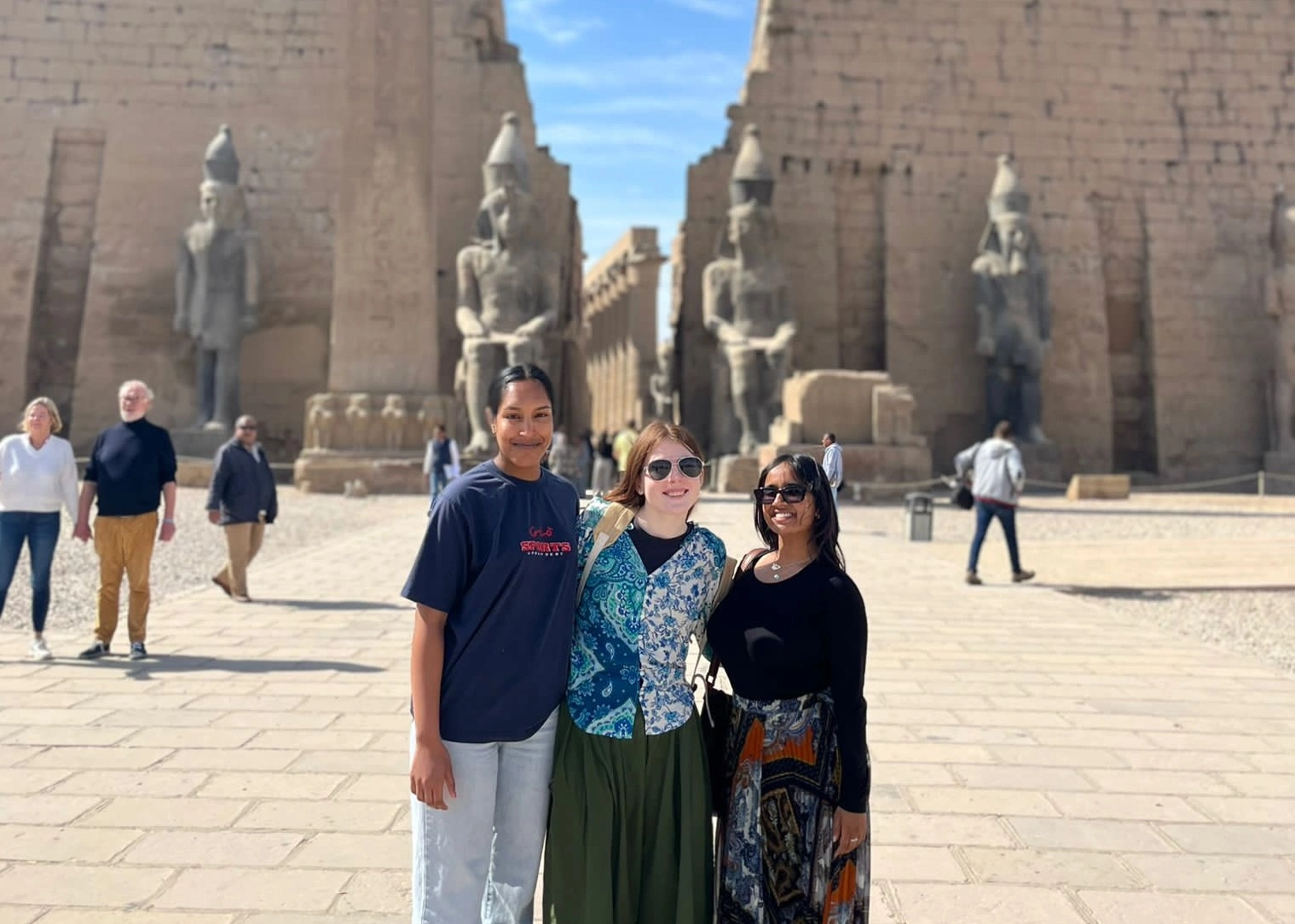
You save
Private Tour to the West Bank in Luxor
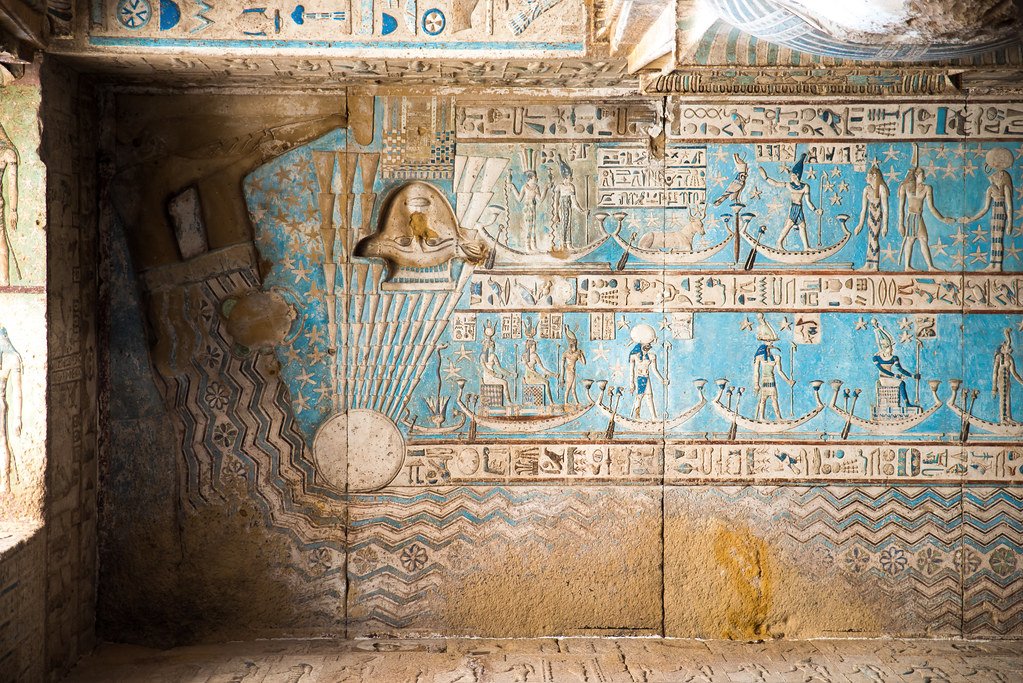
You save
Private Tour to Dendera and Abydos

You save
Day Trip to Giza Pyramids and Egyptian Museum
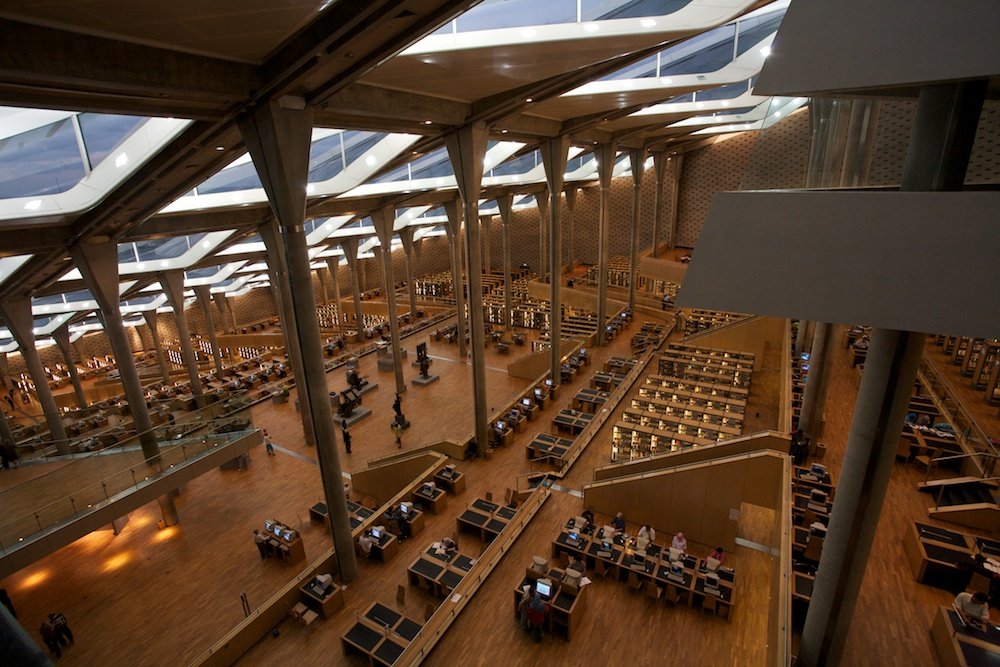
You save
Private Day Tour to Alexandria

You save
Kom Ombo and Edfu Temples Private Tour (from Aswan)

You save
Private Tour to Abu Simbel

You save
Karnak Temple Sound and Light Show

You save
Philae Temple Sound and Light Show

You save
Giza Pyramids Sound and Light Show
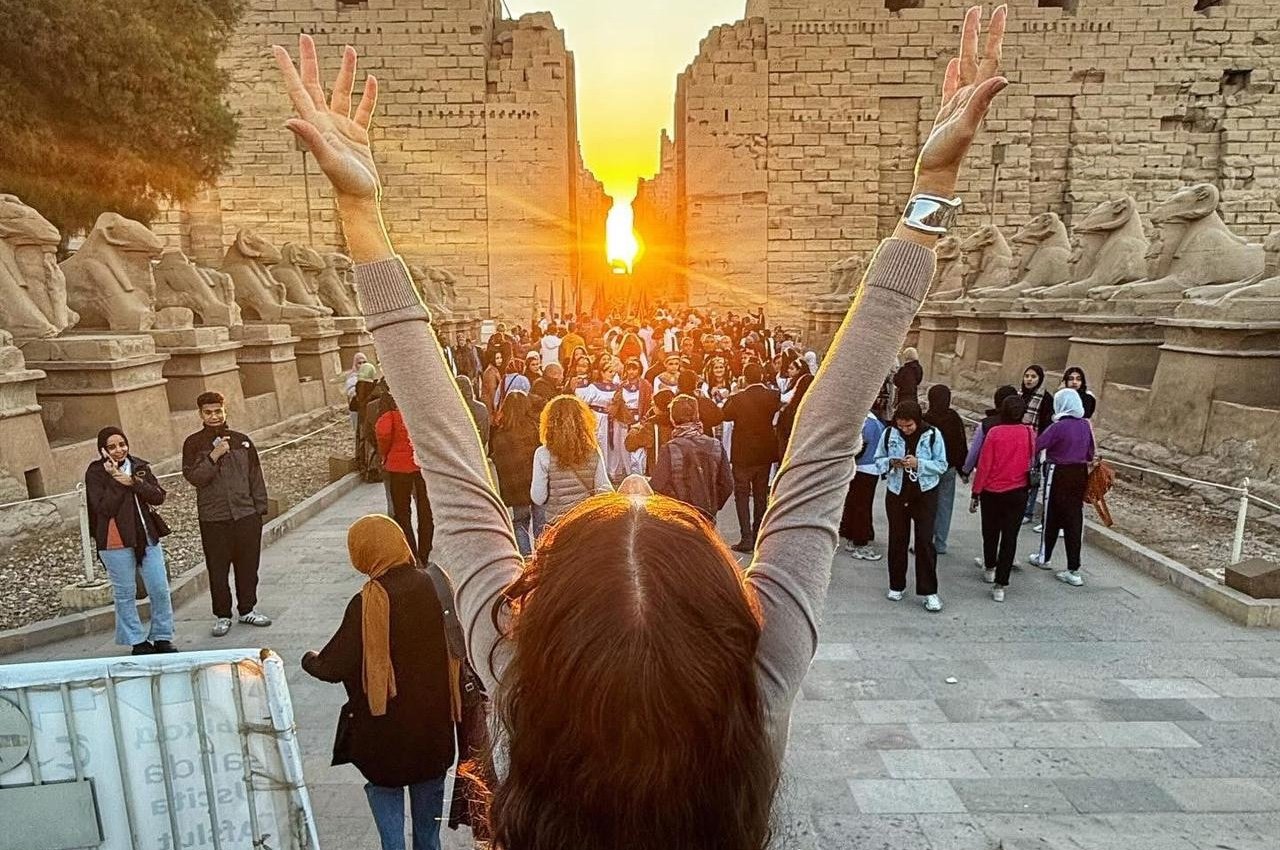
You save
Overday to Luxor by Flight
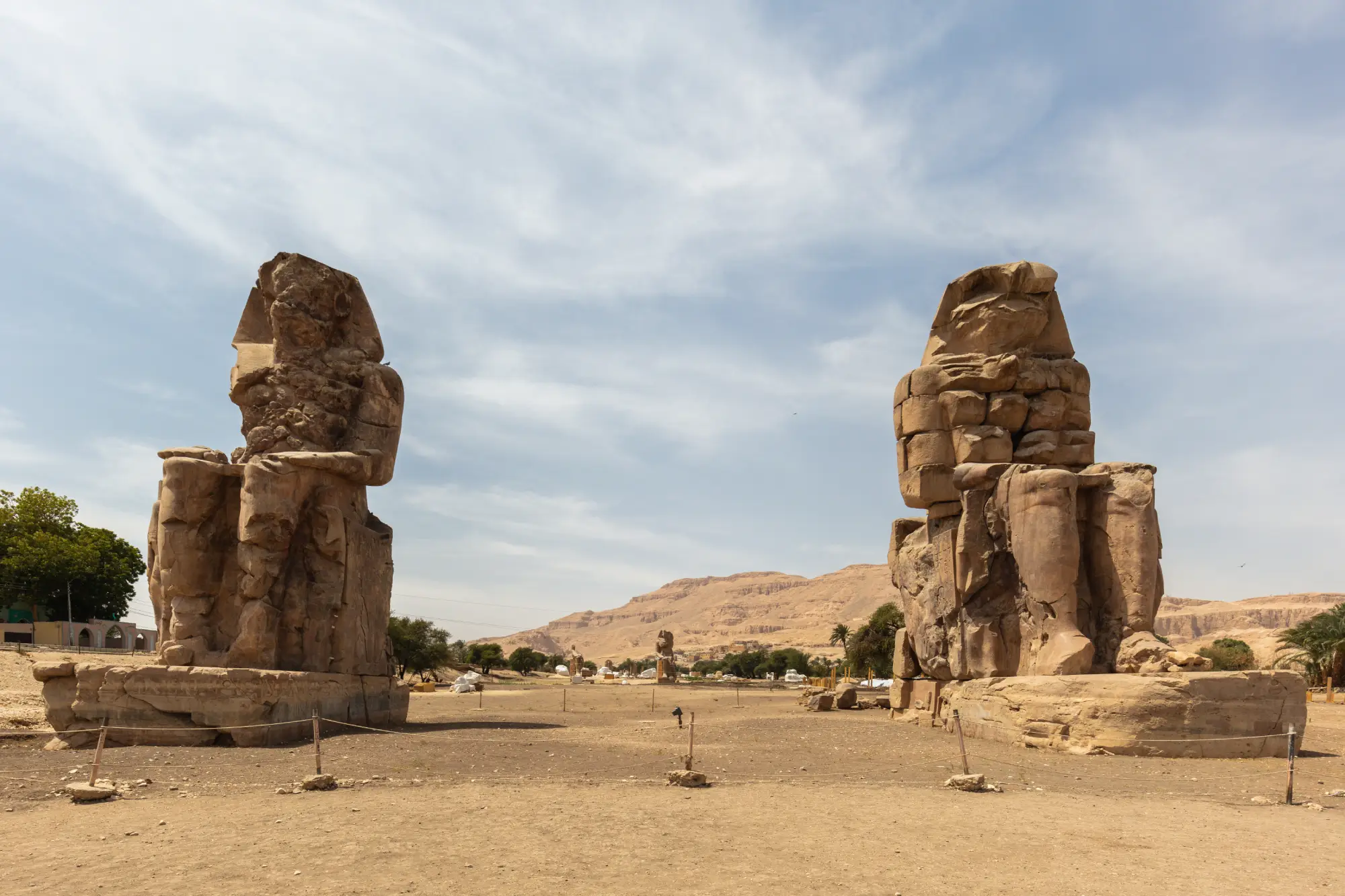
You save
Overday Luxor from Hurghada
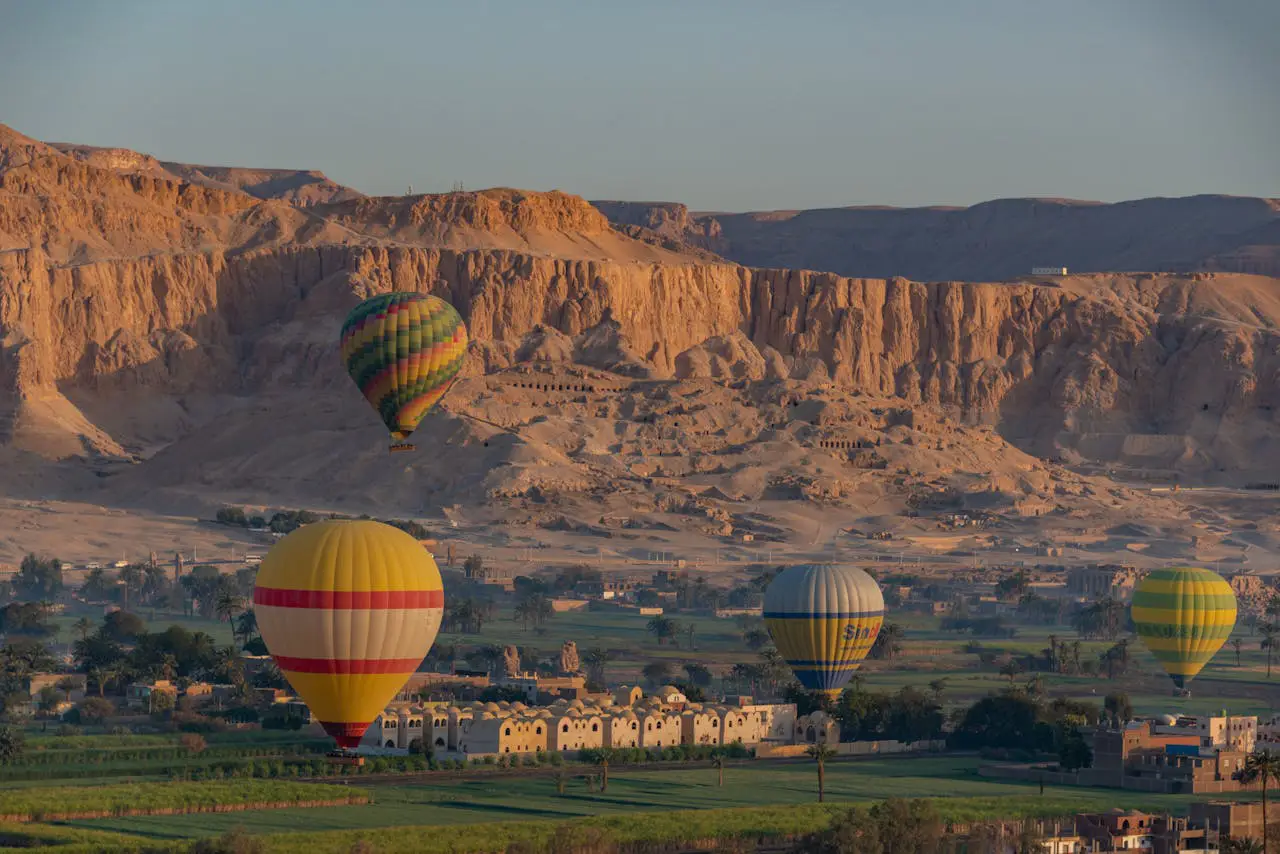
You save
Hot Air Balloon Over Luxor

You save
Swimming with Wild Dolphins in Hurghada

You save
Sinbad Submarine Tour in Hurghada
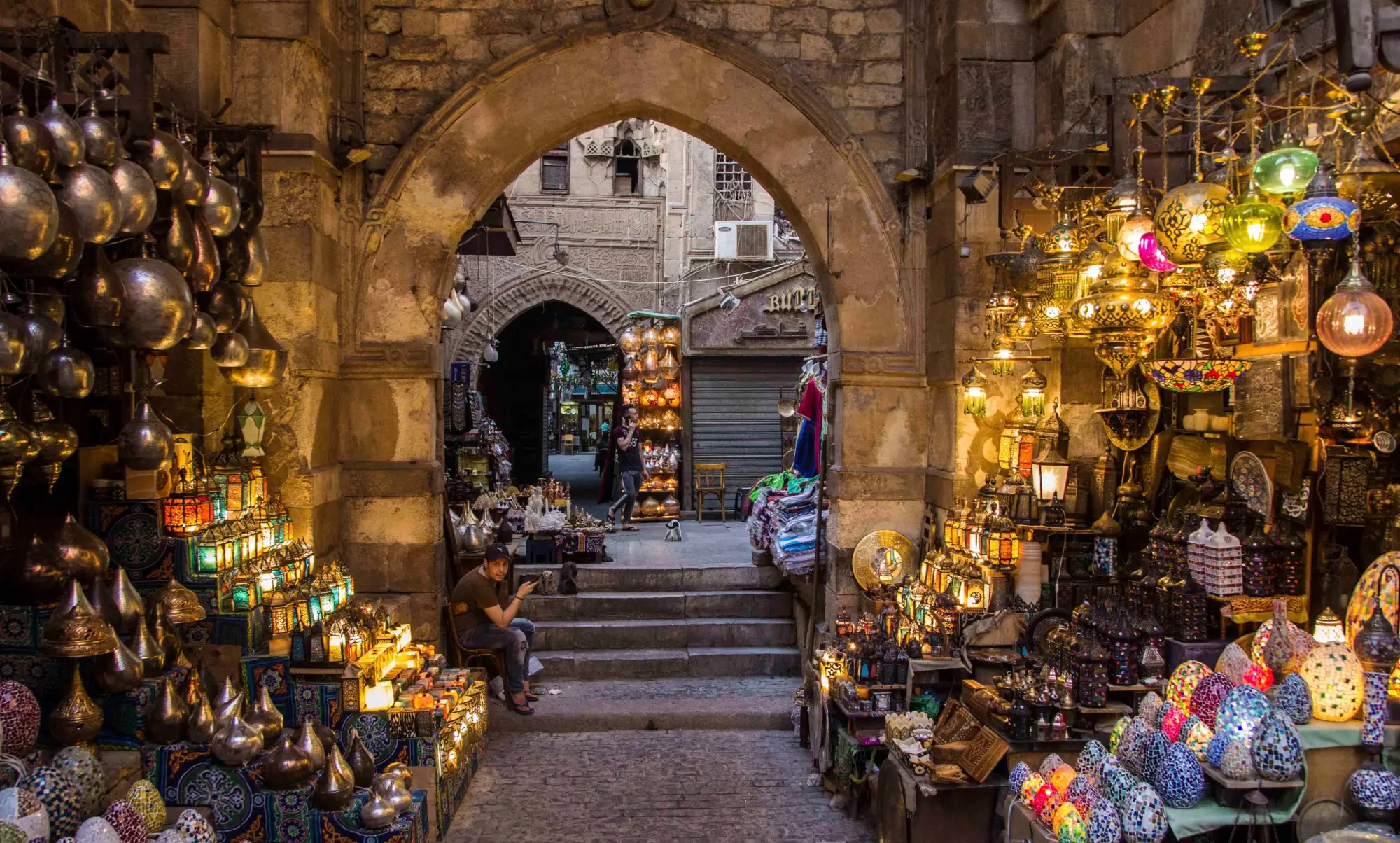
You save
Overday to Cairo by Car from Sharm El Sheikh
Extend your Discovery: Book a Multi-Day Tour

You save
3 Days Budget Tour: Cairo, Giza & Alexandria
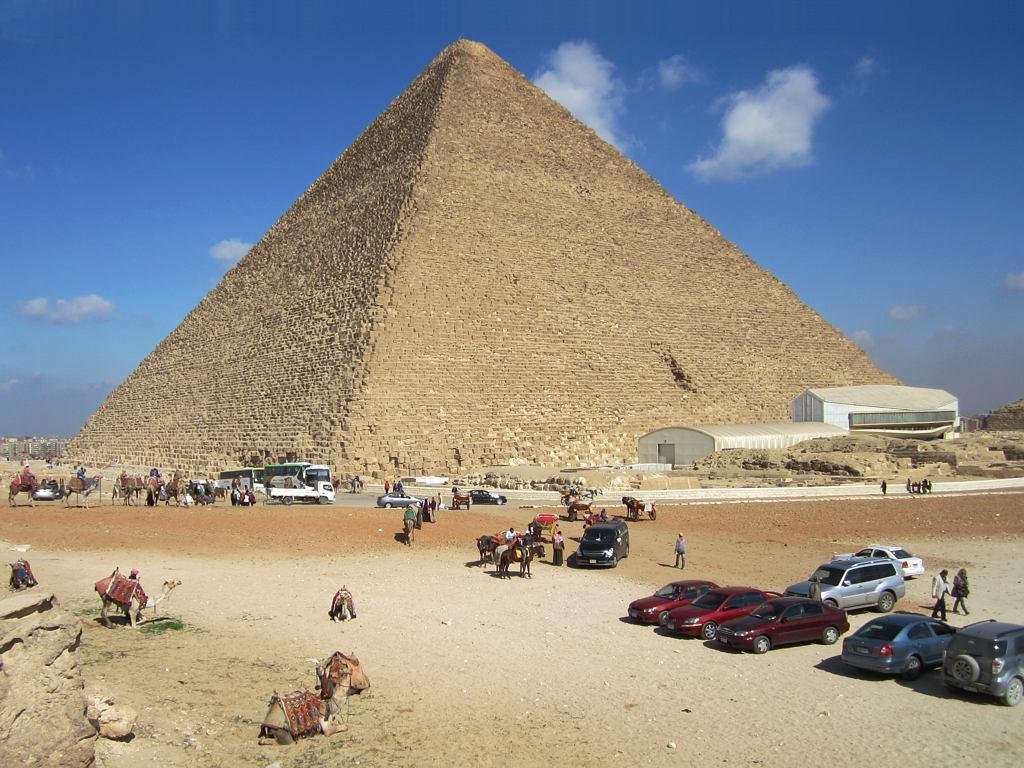
You save
4 Days Ancient Cairo Tour

You save
5 Days Cairo, Luxor, Aswan & Abu Simbel Tour

You save
6 Days Egypt Tour: Cairo & Nile Cruise from Aswan

You save
8 Days Egypt Tour: Cairo & Nile Cruise
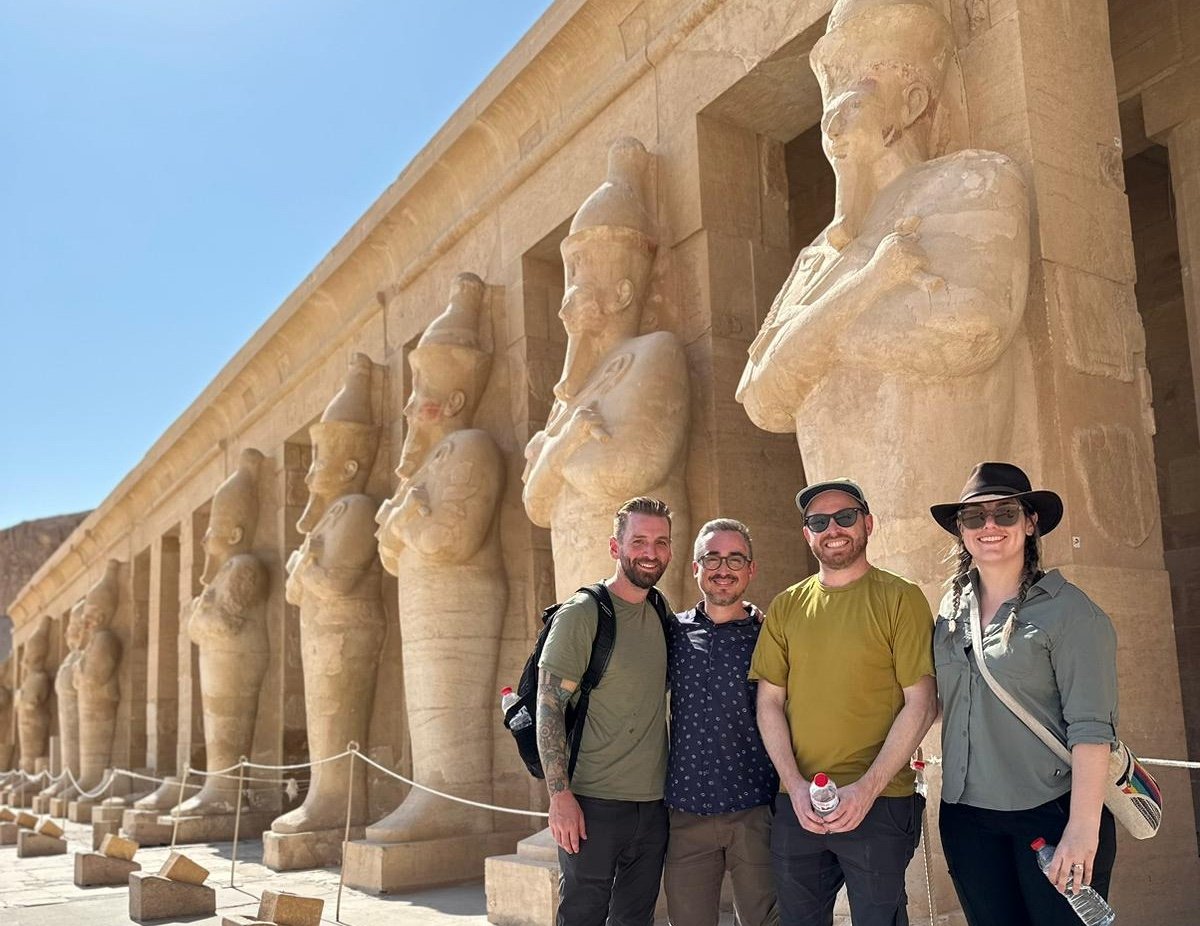
You save
8 Days Egypt Luxury Tour: Cairo & Nile Cruise

You save
9 Days Deluxe Egypt Tour

You save
10 Days Egypt Tour: Cairo & Nile Cruise
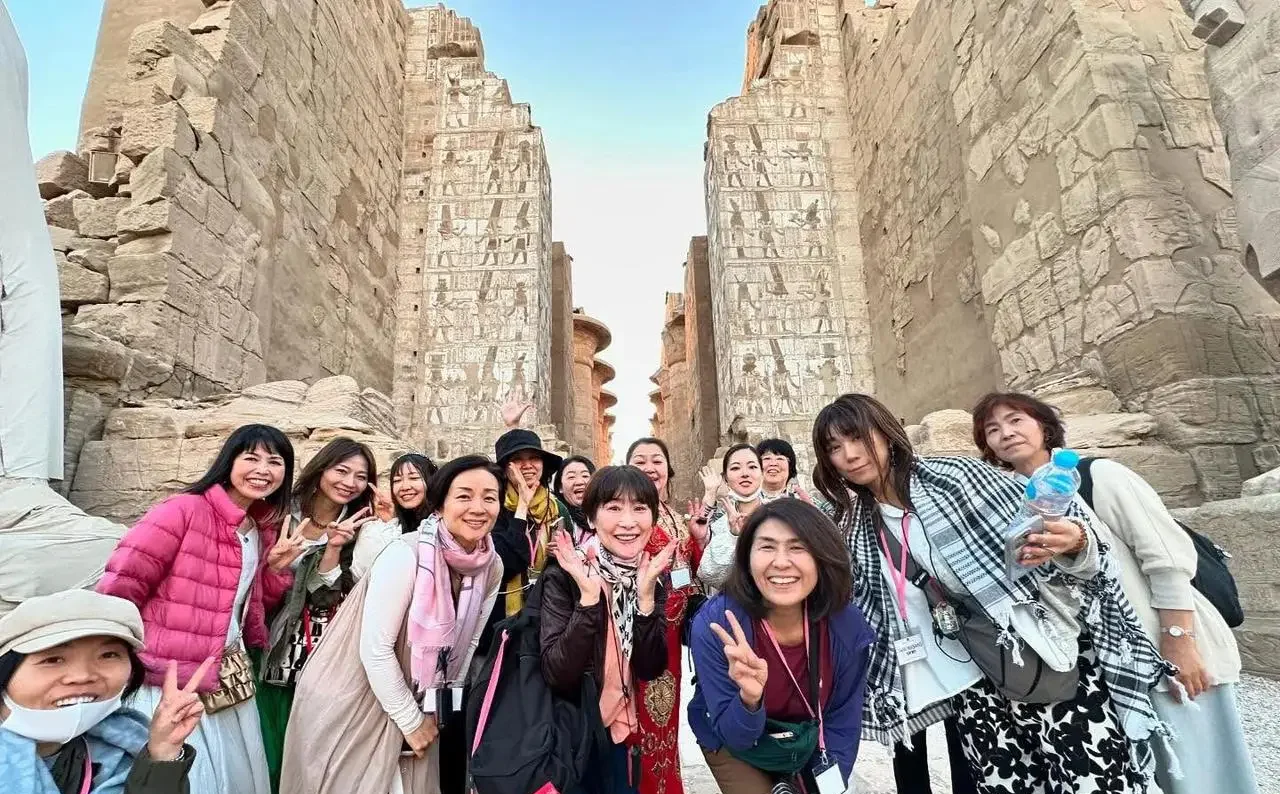
You save
7 Nights Nile Cruise: Luxor – Aswan – Luxor

You save
4 Nights Nile Cruise: Luxor – Aswan
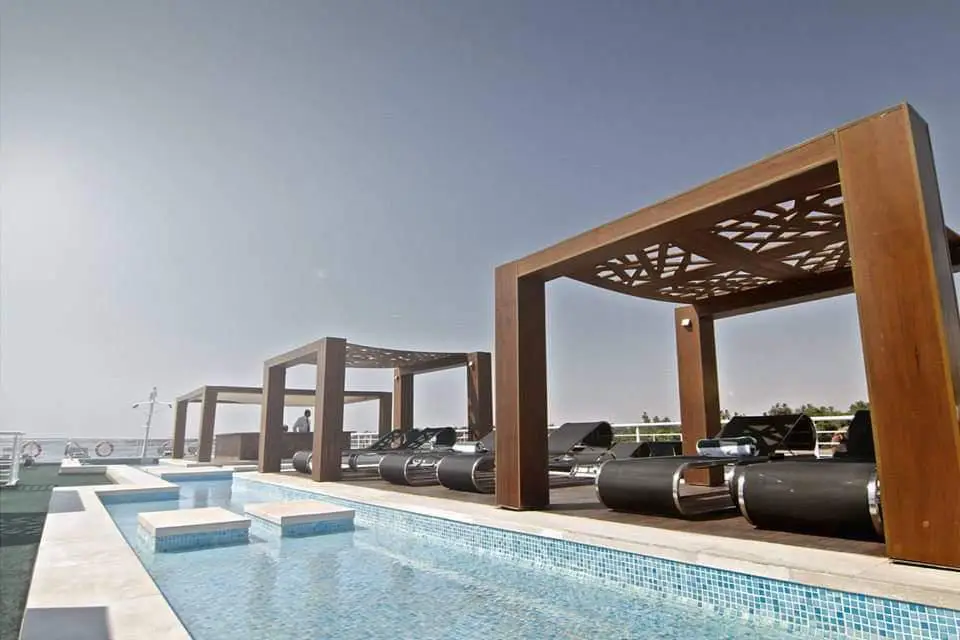
You save
3 Nights Nile Cruise: Aswan to Luxor
Testimonials: What Our Guests Say
Read genuine reviews of their adventures in Egypt


The boss speaks Chinese, is very friendly, and helps immediately when there are any problems. Highly recommended.
The tour guide's Chinese is excellent, and communication is completely seamless. Highly recommend!
FAQ
Have a question? You can find the answers to the most common questions we get asked by our customers. If your question is not answered below (and even if it is but you need further clarification) please don’t hesitate to get in touch with us.
How much of a notice do I need to give to Half Moon Travel to cancel my reservation and get a full refund?
Do I need a visa to enter Egypt?
What is the best time of year to visit?
Is Egypt safe for travelers right now?
What currency is used in Egypt, and can I pay by card?
Do I need travel insurance?
What is the dress code in Egypt?
Are there any specific vaccinations or health precautions I should consider?
Can I drink tap water in Egypt?
Is tipping common in Egypt?
Is it customary to haggle in markets and shops?
How can I get around major cities like Cairo and Alexandria?
What languages are spoken in Egypt?
Is Egypt suitable for solo female travelers?
What are the local customs and etiquette I should know?
Are there restrictions on photography at historical sites?
How can I visit the Pyramids or other major attractions without crowds?
What is the local climate like?
Do I need an adapter for my electronics?
Is it safe to eat street food?
Street food can be delicious, but stick to busy stalls with high turnover. Look for places recommended by locals or reputable tours to reduce the risk of foodborne illness.
